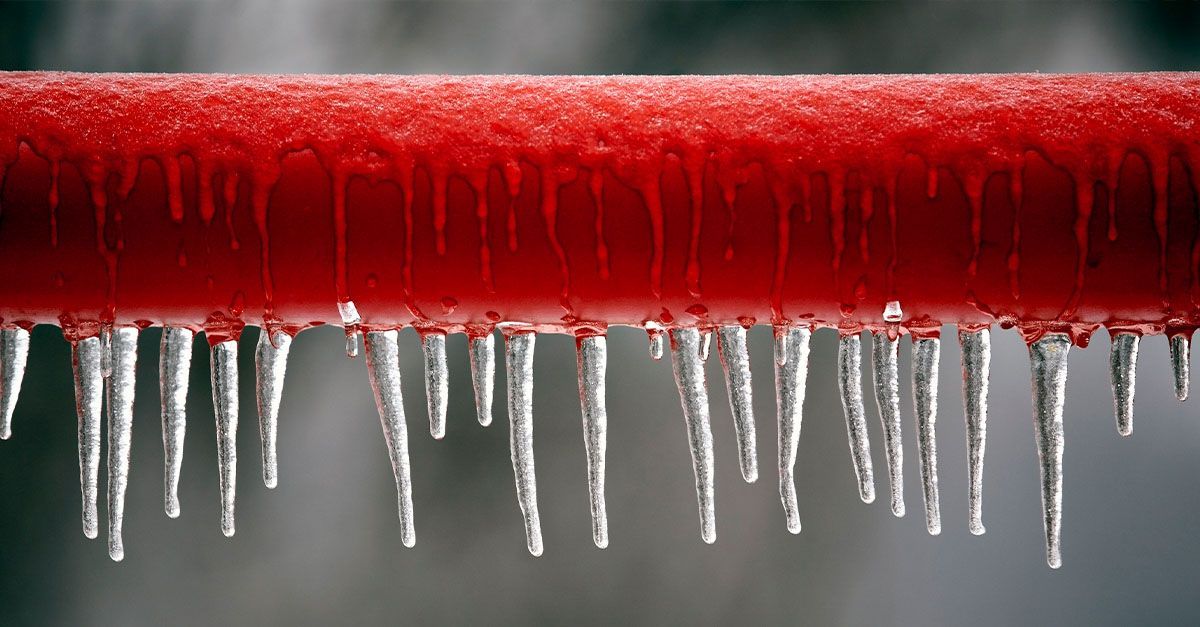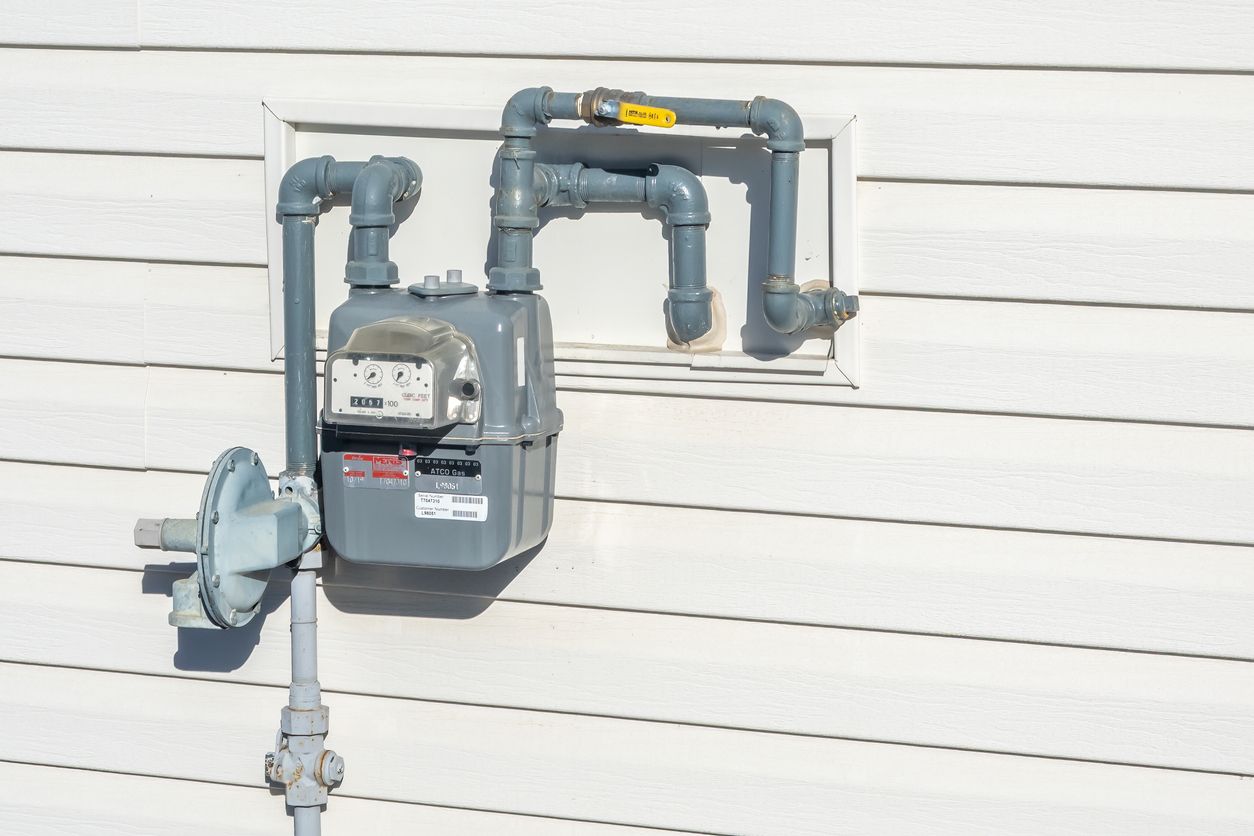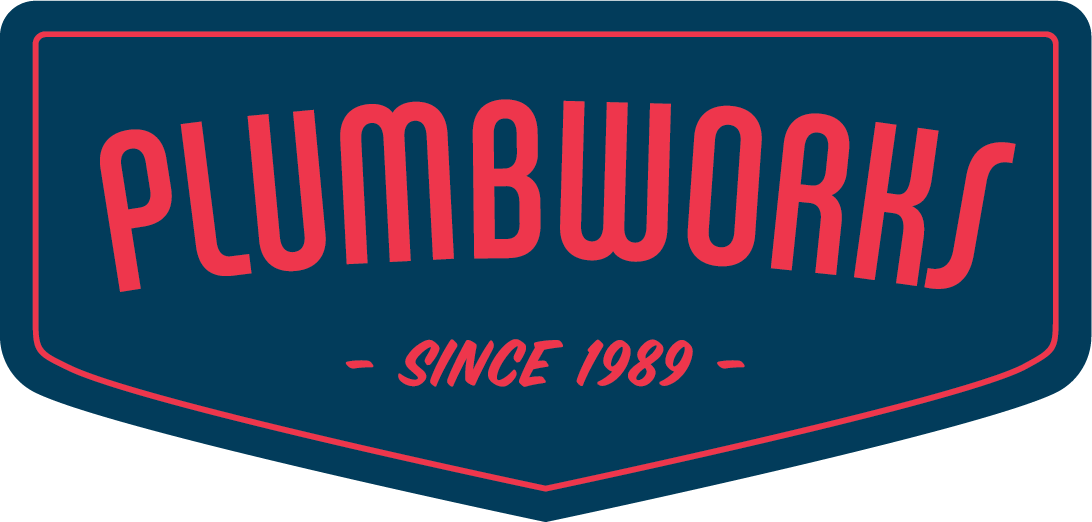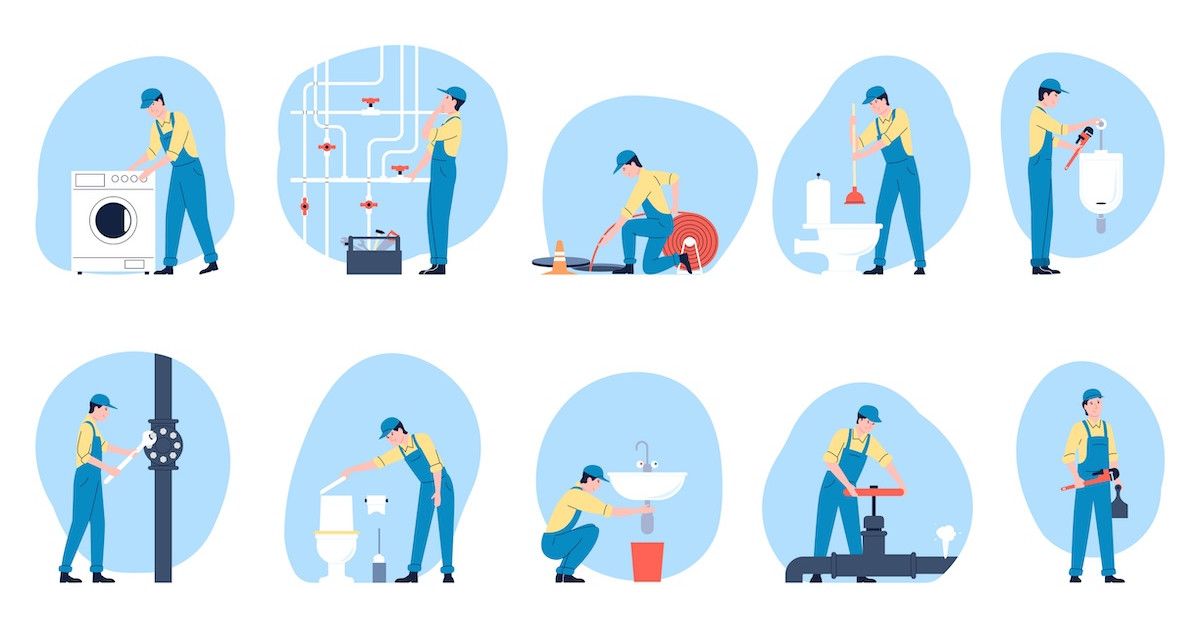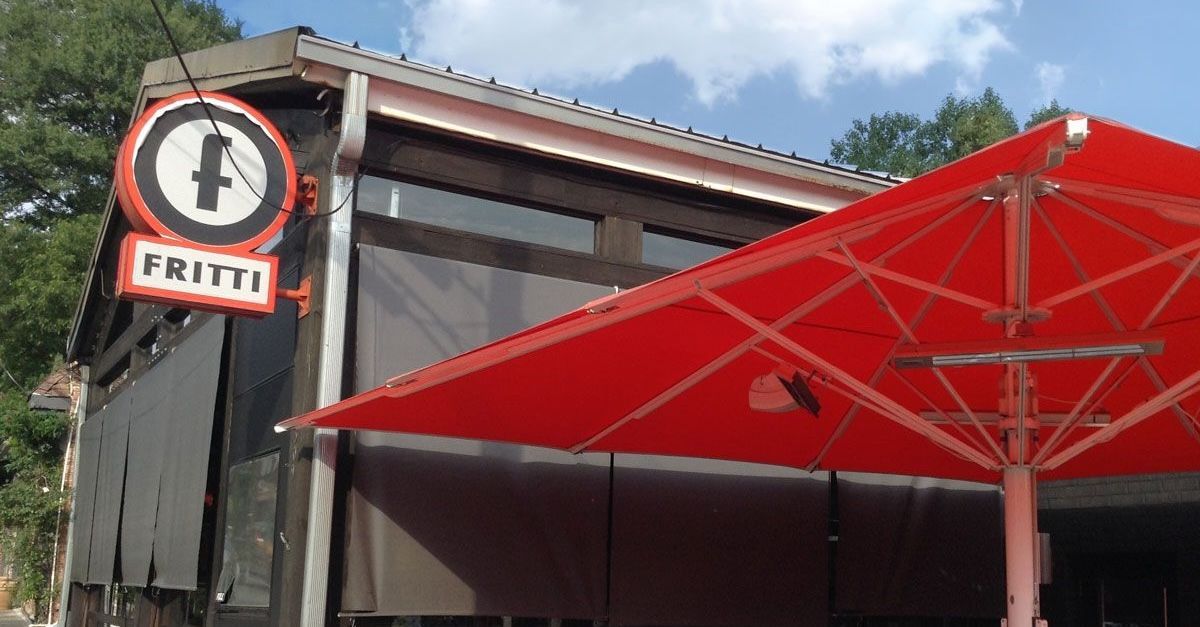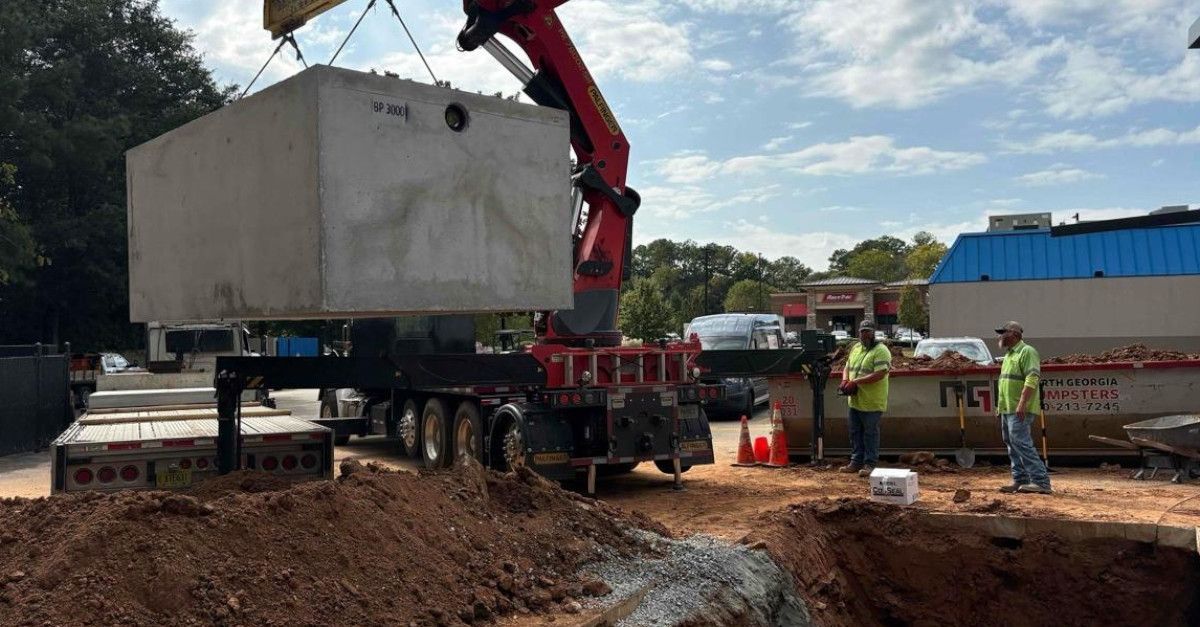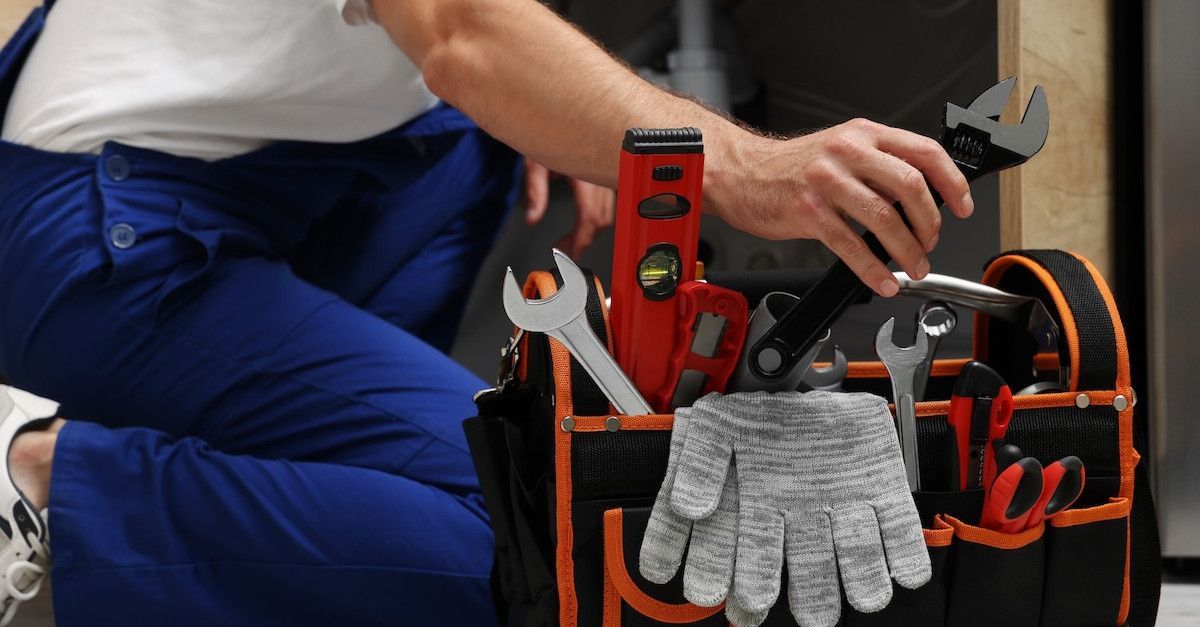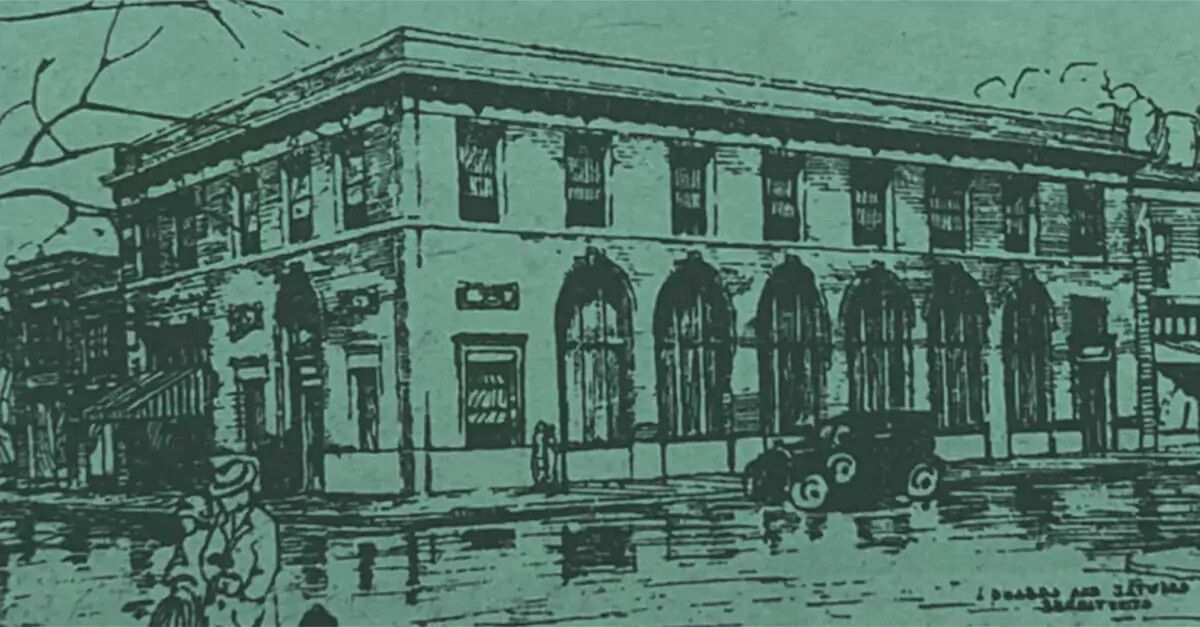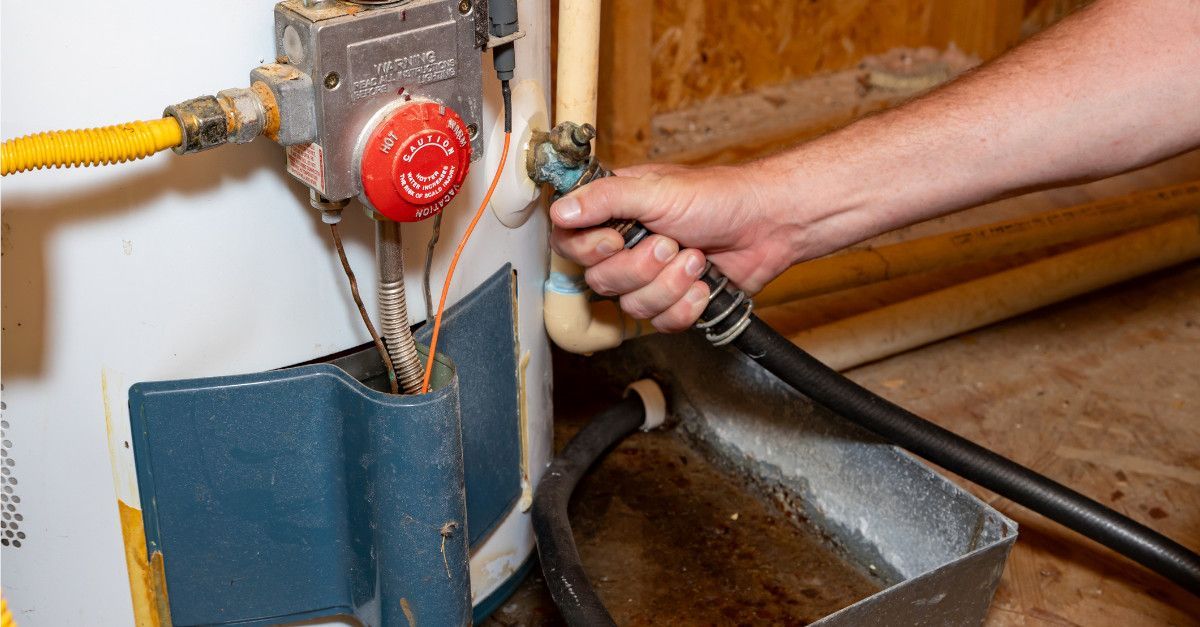Does it Work? What to Know About Sewer Pipe Relining
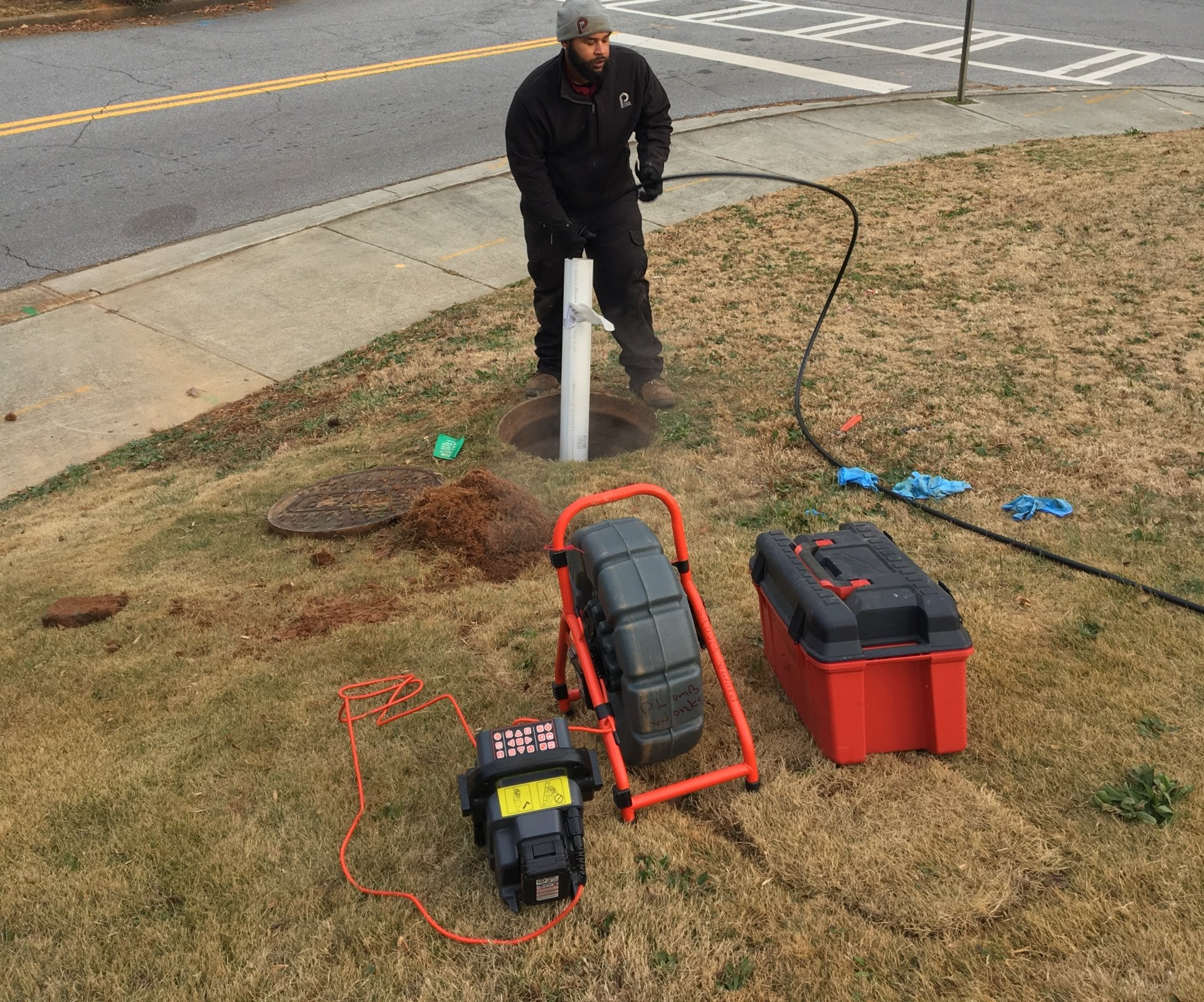
When something goes wrong in your home or place of business, whether it be your plumbing, air conditioning, or even your internet connection, you understandably want answers and solutions as soon as possible. Issues with your sewer lines come with a particular set of challenges and a sense of urgency. However, it is important to take a moment to research and consider all of the options available to you as hasty decisions can lead to wasted money and the potential for more problems down the road.
One such choice that may be presented to you is having your sewer pipe relined or totally replaced. As these two repair methods are vastly different in terms of materials used, price point, and overall downtime, we feel it is important to explain exactly what pipe relining is and what it entails as compared to complete sewer pipe replacement so that you are able to make an informed decision that is right for your needs.
What is sewer pipe relining?
Pipe relining was developed as a plumbing repair method in the 1970s, allowing for pipes to be replaced without the need for all of the surrounding ground to be excavated. Though it has been steadily increasing in popularity, this method is still relatively unknown to the general public. You may hear pipe relining referred to as “cured-in-place pipe replacement,” “no-dig repairs,”or “trenchless sewer line repair.”
How does sewer pipe relining work?
Pipe relining repairs typically start with a plumber creating one or two small access holes to reach the damaged pipe. Some will also employ a small camera to inspect the damaged area and ensure that it is a good candidate for this method. The pipe is then repaired from the inside out by feeding a tube covered in resin through and inflating it so that it adheres to the old pipe. This forms a hard protective coat inside the damaged pipe and seals it. Once it has hardened in place, your sewer pipes will be like new!
Pipe Relining Pros and Cons
Many property owners (and plumbers!) prefer pipe relining over a complete sewer line replacement for a variety of reasons. Most notably, pipe relining is much less invasive and time-intensive than traditional repair methods. Additionally, when the work is completed correctly, this can be a long-term solution to the problems you are facing.
All of this combined can add up to make pipe relining a more cost-effective repair method for many situations. However, it is not always possible to reline pipes. This is most often due to extensive or prolonged damage.
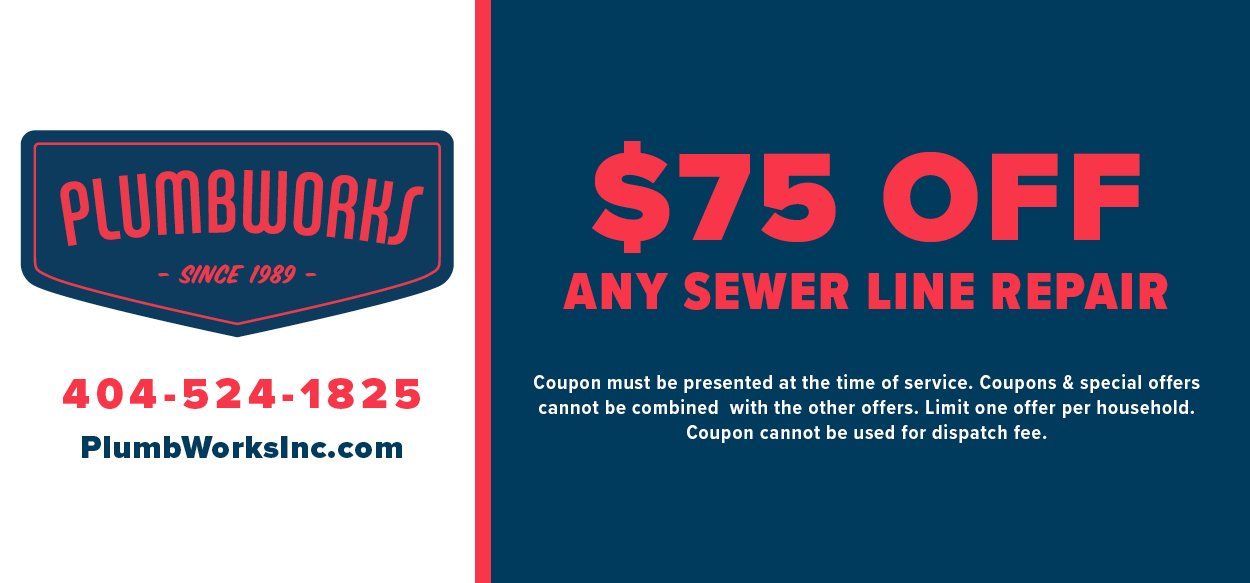
Pipe Relining vs Replacement
Complete sewer pipe replacement can be a daunting prospect. Not only does it cost more money than relining, but it also requires more materials, labor, and time. To replace a pipe, the entirety of the pipe must be exposed by excavating the surrounding earth to make removal possible. This means a messy, unsightly yard and the added costs associated with having that area of landscaping or pavement redone.
Is sewer pipe relining worth it?
When comparing sewer pipe relining to pipe replacement, it’s not hard to see why so many people are choosing to reline their pipes whenever possible. As mentioned previously, due to the less destructive nature of this repair method, you can get back to your day-to-day activities with little to no disruption, depending on the severity of the repair. It can also be an effective preventative measure for homes and businesses with dated plumbing as it works to reinforce weak areas before they become larger problems. To top it off, the life expectancy of a relined pipe is extended 20-50 years depending on the materials used to make the repair.
Sewer Pipe Relining Services from Plumb Works
If you are in need of sewer pipe relining services in Atlanta, look no further than the expert team at Plumb Works! We are experienced in a wide variety of sewer pipe repair and replacement situations, meaning that no matter the problem, we can help you fix it as quickly as possible. To find out more about our trenchless sewer repair services or to schedule service, contact us today at 404-524-1825.
